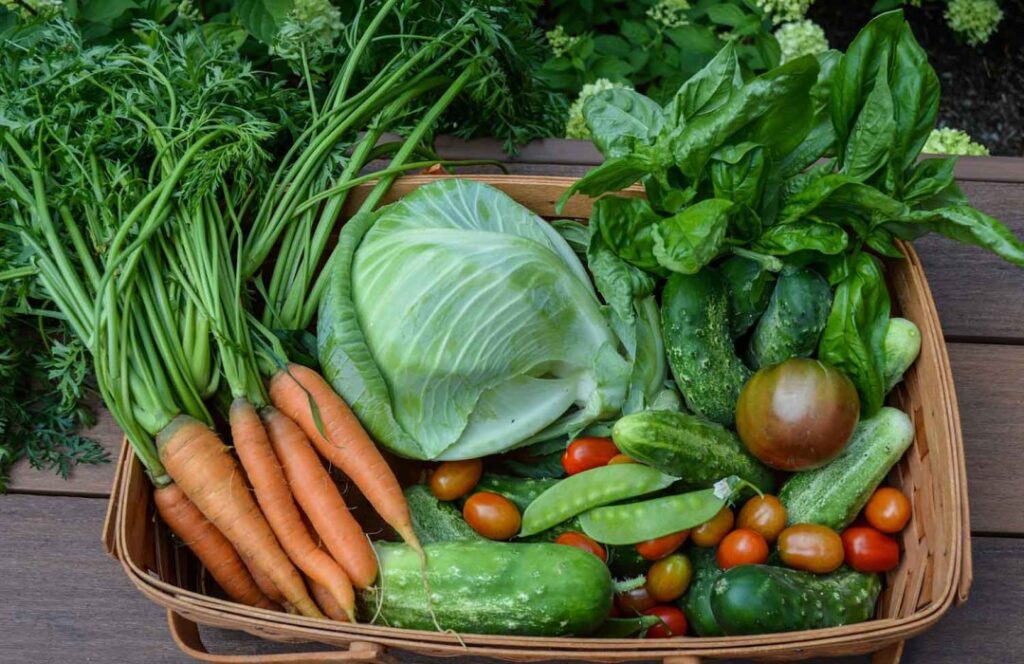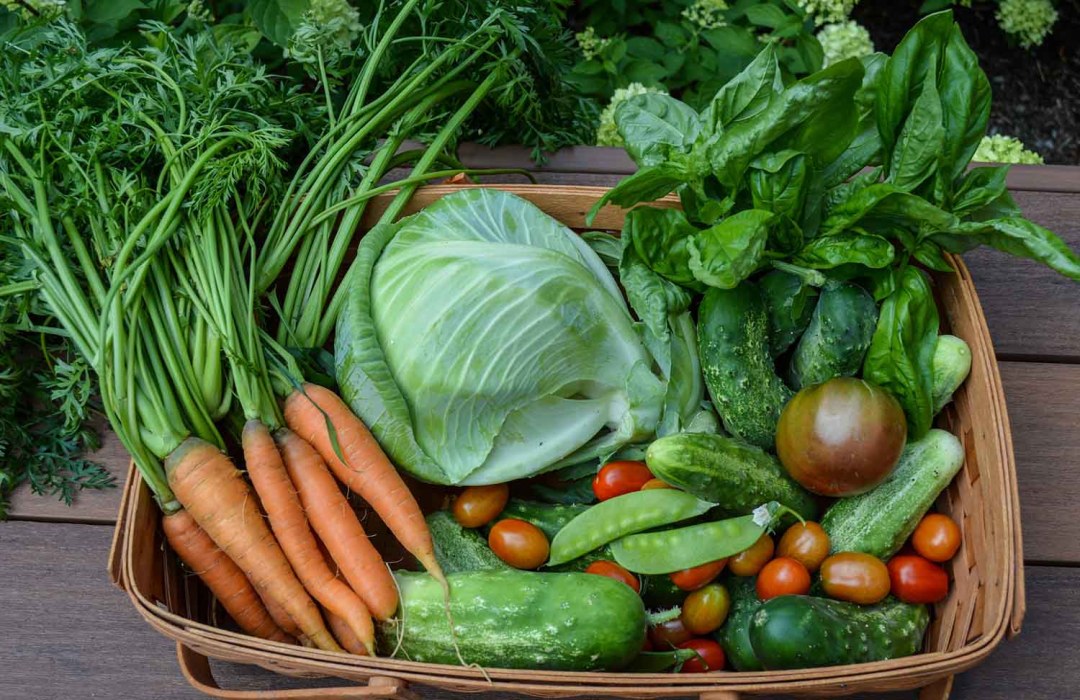
Thriving Down Under: A Guide to Organic Gardening Products in Australia
Australia’s diverse climate and rich soils make it a haven for gardening enthusiasts. As awareness grows regarding the environmental impact of conventional gardening practices, more Australians are turning to organic methods. This shift has fueled a demand for high-quality organic gardening products Australia wide. This comprehensive guide explores the burgeoning market of organic gardening products Australia offers, providing insights into selecting the right products, understanding their benefits, and cultivating a thriving, sustainable garden.
Why Choose Organic Gardening?
Organic gardening goes beyond simply avoiding synthetic chemicals. It’s a holistic approach that focuses on building healthy soil, supporting biodiversity, and creating a resilient ecosystem. Using organic gardening products is a key component of this philosophy. Here’s why it’s a worthwhile choice:
- Environmental Protection: Organic practices minimize pollution of waterways and soil, reducing the negative impacts of chemical fertilizers and pesticides.
- Improved Soil Health: Organic gardening products like compost and soil conditioners enrich the soil with beneficial microorganisms, improving its structure, fertility, and water retention capacity.
- Healthier Produce: By avoiding synthetic chemicals, you can grow fruits and vegetables that are free from potentially harmful residues.
- Supporting Biodiversity: Organic gardens provide a haven for beneficial insects, pollinators, and other wildlife, contributing to a healthier ecosystem.
- Long-Term Sustainability: Organic gardening promotes a closed-loop system, where waste is recycled and resources are used efficiently, ensuring long-term sustainability.
Navigating the World of Organic Gardening Products in Australia
The market for organic gardening products Australia is booming, offering a wide array of options for every gardening need. Understanding the different categories and their benefits is crucial for making informed choices.
Soil Amendments and Fertilizers
Healthy soil is the foundation of any successful organic garden. Organic gardening products in this category focus on improving soil structure, fertility, and microbial activity. Some popular options include:
- Compost: Decomposed organic matter that enriches the soil with nutrients and improves its structure. Look for locally sourced compost made from recycled materials.
- Worm Castings: A nutrient-rich fertilizer produced by earthworms. It improves soil aeration, drainage, and water retention.
- Manure: Animal manure, such as cow, sheep, or chicken manure, is a valuable source of nutrients. Ensure it is properly composted to avoid burning plants.
- Blood and Bone: A slow-release fertilizer made from animal byproducts. It provides essential nutrients like nitrogen, phosphorus, and calcium.
- Seaweed Extract: A liquid fertilizer derived from seaweed. It is rich in trace elements and stimulates plant growth.
- Rock Phosphate: A natural source of phosphorus, an essential nutrient for root development and flowering.
- Green Manure Crops: Cover crops that are grown and then tilled into the soil to add organic matter and nutrients.
Pest and Disease Control
Organic gardening products for pest and disease control rely on natural methods to protect plants without harming beneficial insects or the environment. Common options include:
- Neem Oil: A natural insecticide derived from the neem tree. It disrupts the life cycle of many common pests.
- Diatomaceous Earth (DE): A powder made from fossilized diatoms. It is effective against crawling insects by damaging their exoskeletons.
- Bacillus Thuringiensis (Bt): A naturally occurring bacteria that controls caterpillars and other leaf-eating insects.
- Insecticidal Soap: A soap-based spray that suffocates soft-bodied insects like aphids and whiteflies.
- Copper Fungicide: A natural fungicide that controls fungal diseases like powdery mildew and rust.
- Companion Planting: Planting specific plants together to deter pests or attract beneficial insects. [See also: Companion Planting Guide for Australian Gardens]
Weed Control
Weed control is an essential aspect of organic gardening. Organic gardening products and techniques focus on preventing weeds from germinating and competing with desired plants. Common options include:
- Mulch: A layer of organic material, such as wood chips, straw, or shredded leaves, that suppresses weed growth, conserves moisture, and enriches the soil.
- Weeding Tools: Hand tools designed for removing weeds effectively, such as hoes, trowels, and weeding forks.
- Corn Gluten Meal: A pre-emergent herbicide that prevents weed seeds from germinating.
- Vinegar: A natural herbicide that can be used to kill weeds on contact. Use with caution to avoid harming desirable plants.
- Hand Weeding: The most effective, albeit time-consuming, method of removing weeds.
Seeds and Seedlings
Starting with high-quality organic seeds and seedlings is crucial for a successful organic garden. Look for certified organic seeds and seedlings that are free from genetically modified organisms (GMOs) and treated with synthetic chemicals. Many Australian nurseries now offer a wide selection of organic gardening products Australia certified seeds and seedlings.
Where to Find Organic Gardening Products in Australia
Organic gardening products Australia are widely available at various retailers, including:
- Garden Centers: Many garden centers now stock a dedicated section of organic gardening products.
- Nurseries: Local nurseries often carry a wider selection of organic seeds, seedlings, and soil amendments.
- Hardware Stores: Some hardware stores offer a limited selection of organic gardening products.
- Online Retailers: Online retailers offer a convenient way to shop for organic gardening products from the comfort of your home.
- Farmers Markets: Local farmers markets often feature vendors selling organic seeds, seedlings, and compost.
Tips for Choosing the Right Organic Gardening Products
With so many organic gardening products available, it can be challenging to choose the right ones for your needs. Here are some tips to help you make informed decisions:
- Read the Labels: Carefully read the labels to understand the ingredients and application instructions.
- Look for Certifications: Look for certifications like Australian Certified Organic (ACO) or NASAA Certified Organic to ensure the product meets organic standards.
- Consider Your Soil Type: Choose soil amendments and fertilizers that are appropriate for your soil type.
- Identify Your Pests and Diseases: Identify the specific pests and diseases affecting your plants before choosing a control method.
- Start Small: Experiment with different products and techniques to see what works best in your garden.
- Support Local Businesses: Purchase organic gardening products Australia made from local suppliers whenever possible to reduce your carbon footprint.
The Future of Organic Gardening in Australia
The future of organic gardening in Australia is bright. As awareness of the environmental and health benefits of organic practices continues to grow, the demand for organic gardening products Australia is expected to increase. This trend will likely lead to greater innovation and availability of organic gardening solutions, making it easier for Australians to cultivate thriving, sustainable gardens.
By embracing organic methods and choosing the right organic gardening products, you can contribute to a healthier environment, grow delicious and nutritious food, and create a beautiful and sustainable garden for years to come. Remember to always research and understand the specific needs of your garden and choose products that align with your organic gardening philosophy. Happy gardening!

